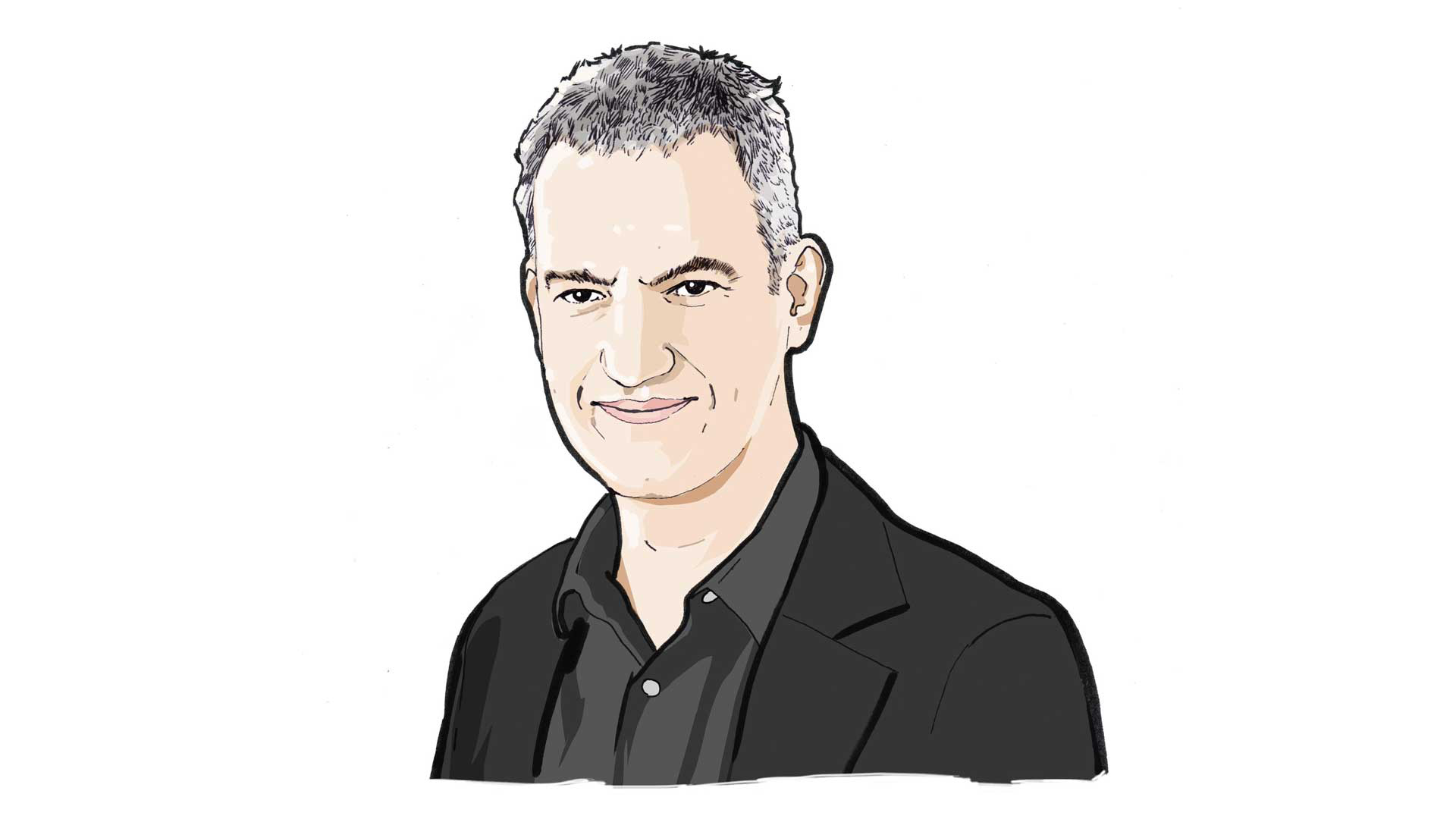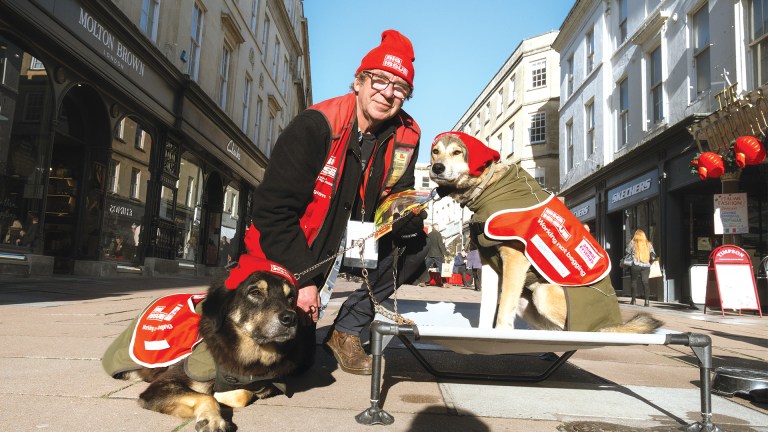Between soaring poverty, cuts to services and worsening NHS staff shortages, the UK is gripped by a mental health crisis. But London’s Daniel Freeman, 47, has been working on a solution and proving that virtual reality is not the preserve of gamers. Patients of his pioneering project Oxford VR are putting on headsets to face their fears and improve their mental wellbeing. And unlike past VR phobia projects, even the therapist is animated.
Freeman studied natural sciences at Cambridge and intended to become a physicist, but he fell in love with psychology – an inevitability, he believes, because of his family. “My mum was a nurse and my dad was obsessed with the arts,” he says. “Psychology sat in the middle of that.” He shifted course accordingly and qualified as a clinical psychologist at King’s College London in 2000.
He took an interest in paranoia and what happens in the brain when people seem to have unfounded fears about others harming them. This was when he first realised how technology could play a pivotal role in a person’s treatment for mental illness. “It can be really hard to know whether it’s paranoia or genuine concern expressed by someone,” he explained. “So you use VR to put someone in exactly the same social situations, programmed to be neutral, and if anyone identifies any hostility, that would indicate genuine paranoid thinking.”
Freeman’s research continued for nearly two decades, investigating the causes of mental health problems. He encountered one continual frustration: Even if he developed groundbreaking treatments, the UK’s extreme therapist shortage meant getting it to everyone who needed it would be impossible.
VR was the answer. He was already working with it for research and it didn’t require anything but an animated therapist programmed to deliver cognitive behavioural therapy (a particularly structured kind of treatment, Freeman explains, meaning no effectiveness is lost with the nuance of human-to-human communication). But it wasn’t until three years ago when the virtual reality industry boomed that Freeman could set his plans in motion.
“Global companies investing in the hardware really transformed things,” Freeman says. “It was no longer a specialist piece of kit. I’d been working in labs that had headsets worth £30,000, then suddenly you could get a better headset for £500. The software got better, computers got better. I always knew its potential, but the shift at that point in time meant using VR in routine services seemed like a real possibility.”










